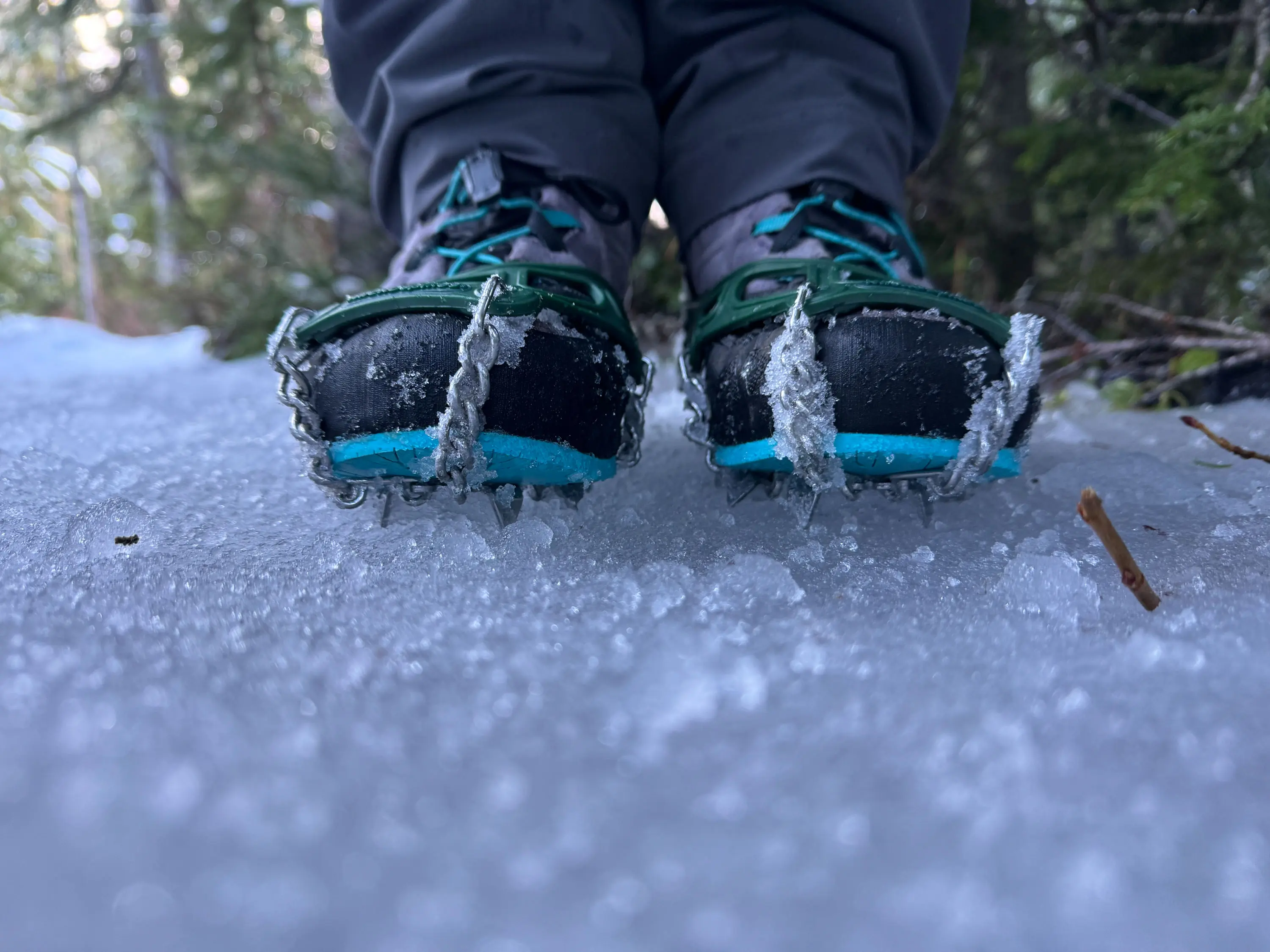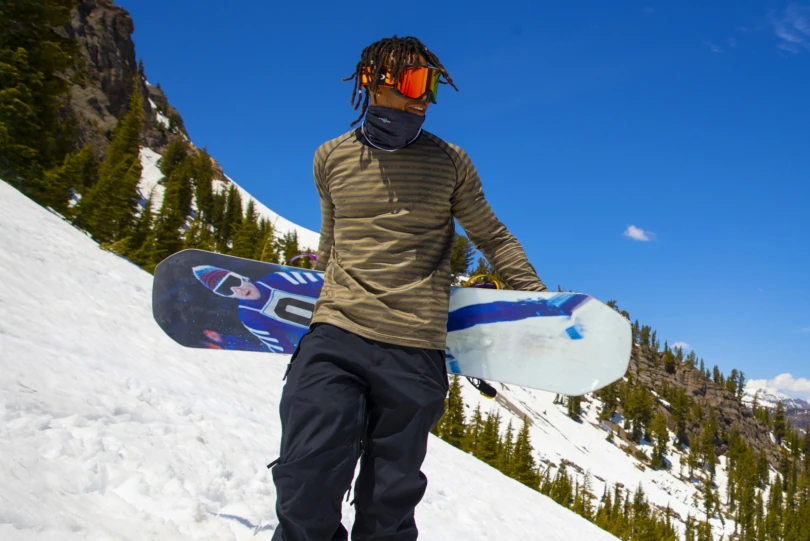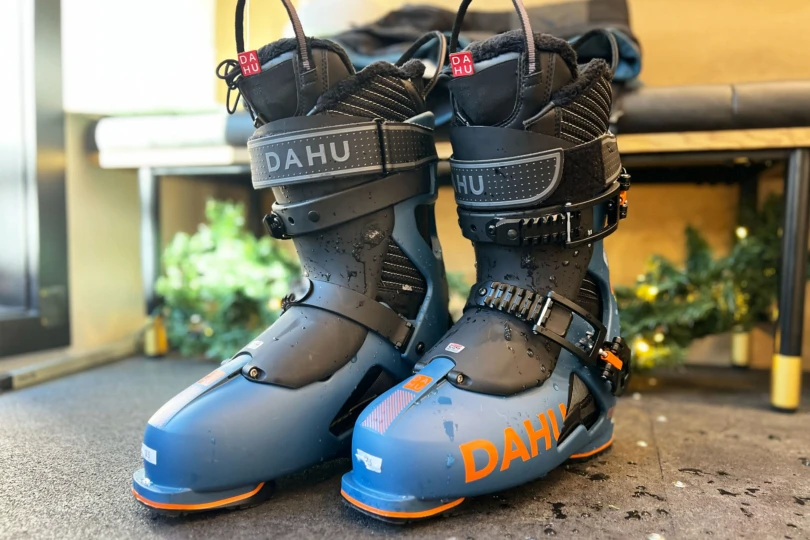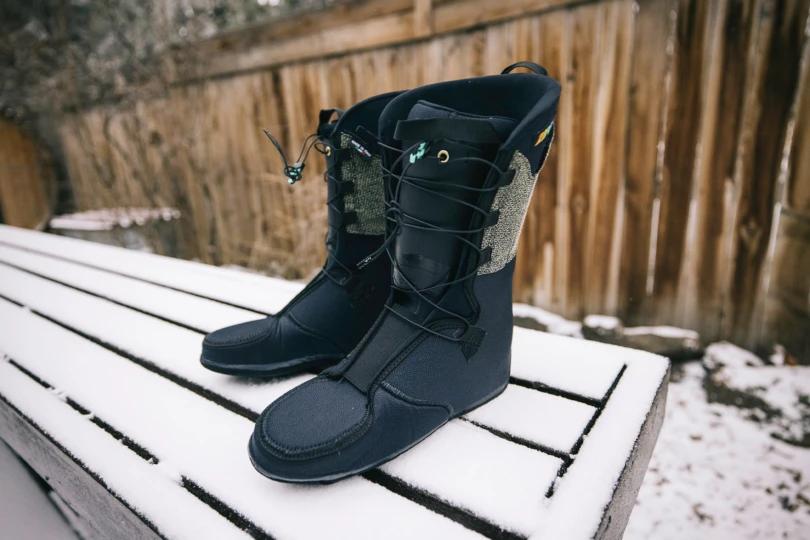[leadin]Hoping to lessen some of the horrific traffic in Colorado ski country, the state’s Department of Transportation recently approved new tire requirements that affect all vehicles.[/leadin]

To avoid fines up to $650, cars are required to have tires that comply with the newly released minimum standards for snow performance. All vehicles must have one of the following in order to proceed when the Passenger Vehicle Traction Law (Code 15) is in effect:
- Snow tires with a minimum of 1/8” tread
- All-weather tires with mud and snow (M/S) mark with 1/8” of tread
- Four-wheel drive with 1/8” of tread
- Traction devices (chains, auto-sock, etc.) for two drive tires
“We know the I-70 corridor is a very challenging corridor, with lots of volume on the weekends and extreme weather. But it’s really accidents that can cause the worst of the delays,” Margaret Bowes, Program Manager for the I-70 Coalition, told 7News Denver. According to CDOT, even a minor accident that takes 10 minutes to clear can delay traffic by up to an hour.
Code 16
The above tire requirements will be in place during most winter weather conditions. During severe storms, a “Code 16” will be the last measure before closing a road. During a Code 16 (the Passenger Vehicle Chain Law) every vehicle on the roadway is required to have chains or an alternative traction device (like AutoSock, below).
How to Check Your Tires
Insert a quarter coin upside down into your tire tread (with George Washington’s head first). If the top of the head is covered by tread, you’re good to go.
If the top of his head is visible at any point around the tire (test multiple points), you can’t drive when Code 15 of the chain law is in effect. You also likely need new tires.

The state also approved the Auto Sock for use as a traction device. We reviewed the AutoSock last year, and found it effective in increasing traction during our test.
For those who drive Colorado’s busy I-70 into ski country, this measure will hopefully ease some of the congestion, but it will likely be just a drop in a very big bucket. But if you live in or visit Colorado, check your tires before the trip.







